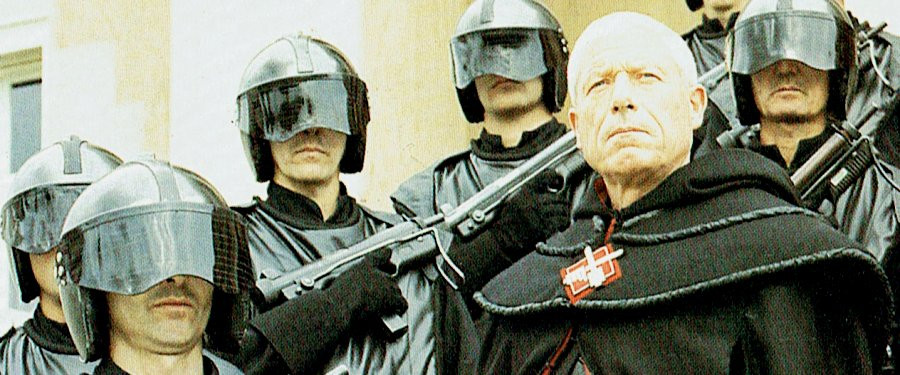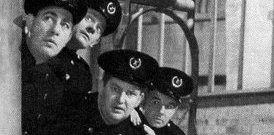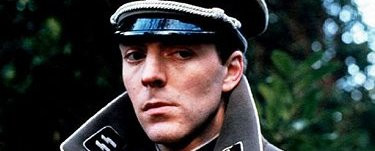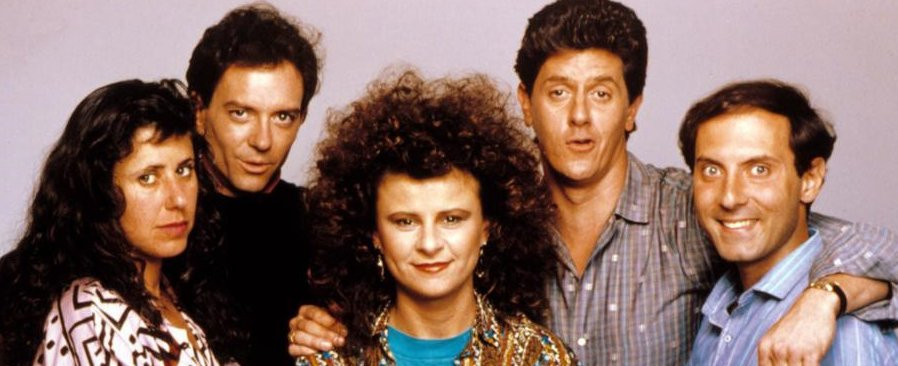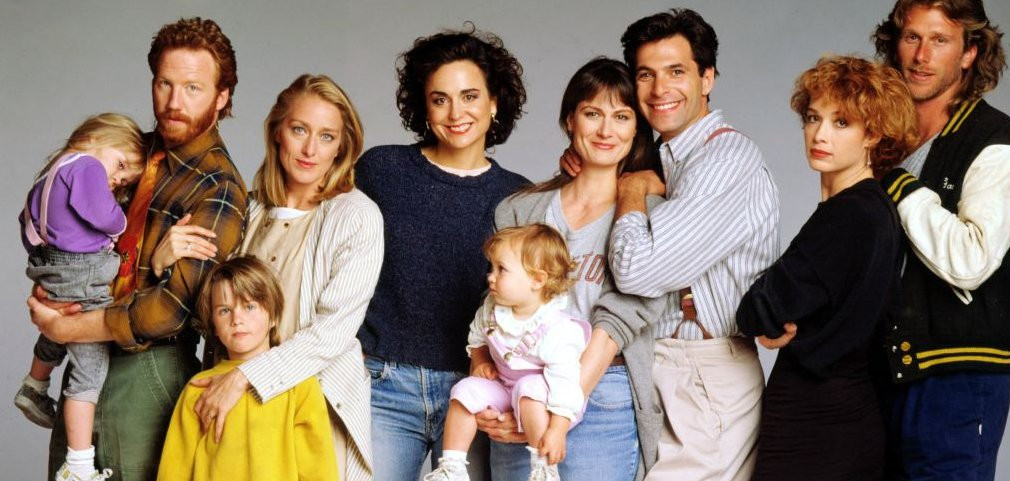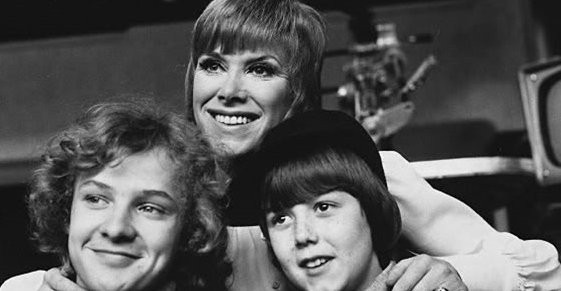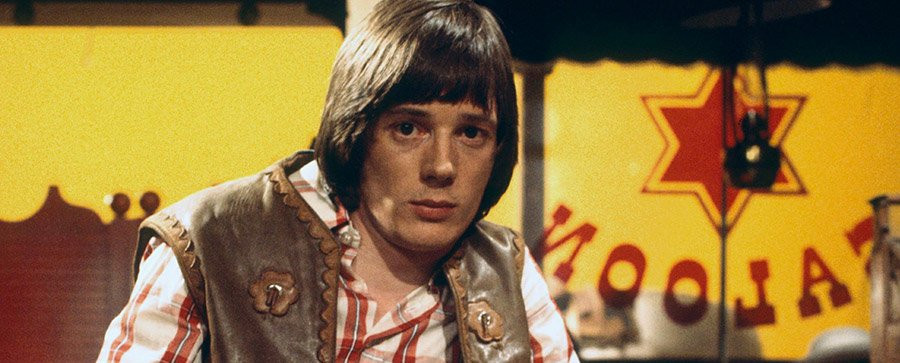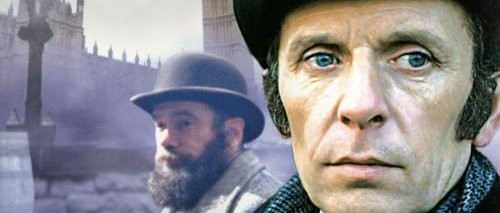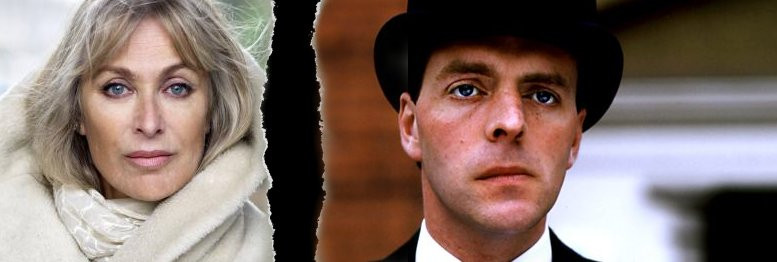
Life Without George
1987 - United KingdomReview - BS
In 1987, television channels did that rarest of things – they joined forced for the common good. Between them, the BBC and the commercial terrestrial networks launched AIDS television week, an array of programmes on the hot topic of the time. Towards the end of this, up popped a new comedy on BBC1 in the form of Life Without George. It was immediately slated for promoting promiscuity at a time when panic was gripping the public over the comparatively newly discovered epidemic seemingly destined to wipe out much of life as we knew it.
In reality, the reaction was primarily from highly conservative folks who jumped on its opening scene in which Larry Wade (Simon Cadell) was leaving the bedroom of a woman he had just met the night before in the form of Jenny Russell (Carol Royle) after what was clearly a first-night encounter.
The show was the brainchild of Penny Croft, daughter of sitcom royalty David Croft. Fearing an unfair assessment from the BBC, she had penned the pilot script under a pseudonym, claiming to be a student from Nottingham. While never going for laughs in the manner of the finest Croft and Perry manner, the three series of Life Without George are a gentle and caring depiction of a couple struggling to find one another in Thatcher’s Britain of the 1980s. Jenny is pining for the lost love of her life, the eponymous George (who we don’t meet), knowing full well that their broken relationship is in the past, but unable to shed its grip. This is unfortunate for Larry, a gentle and rather bemused estate agent struggling with the fast pace of the yuppie era in which he finds himself – not helped by his playboy business partner, Ben Morris (Michael Thomas) who continues to challenge Larry’s morals at every opportunity.
Life Without George garnered very strong viewing figures, despite its initial harsh judgement. The alleged promiscuity was a rather bizarre criticism, given that Jenny pines for George, her only relationship in five years, and Larry refuses to be sucked into a superficial world of flash cars and one-night stands. While going for a more gentle comedy-drama feel, there is a poignancy and charm about the programme that makes its absence from re-runs or DVD releases rather bemusing.
The programme was never cancelled after its third series in 1989. As Jenny’s life became more about Larry and less about George, the title became less relevant. A follow-up programme, Happy as Larry had been written to continue the pair’s journey some years later, but never came to fruition after the tragically early death of Cadell in 1996.
Seen this show? How do you rate it?
Seen this show? How do you rate it?
Published on February 26th, 2019. Written by Brian Slade (May 2018) for Television Heaven.


